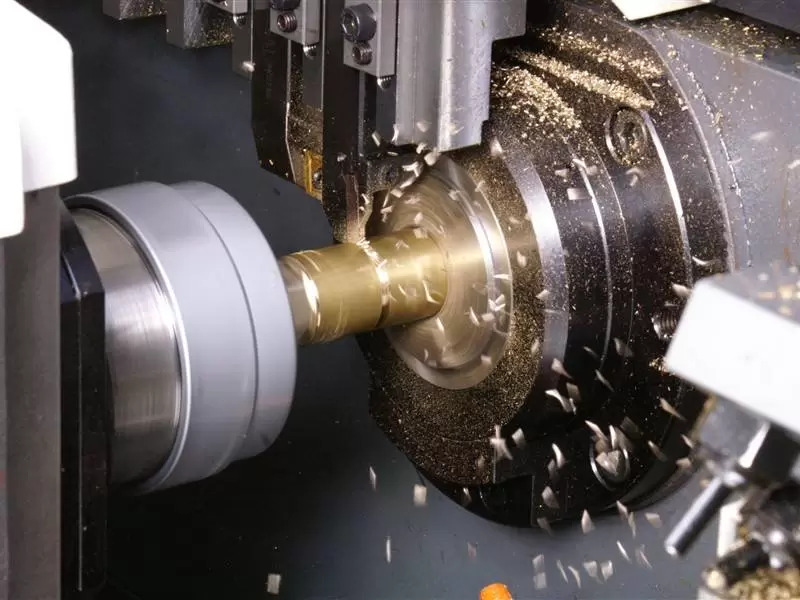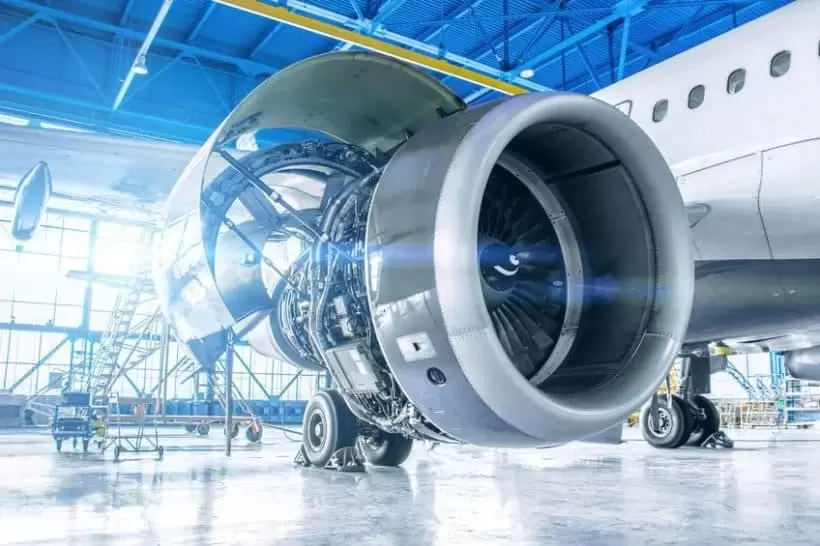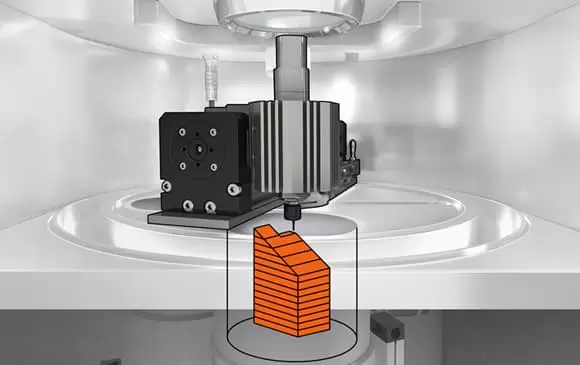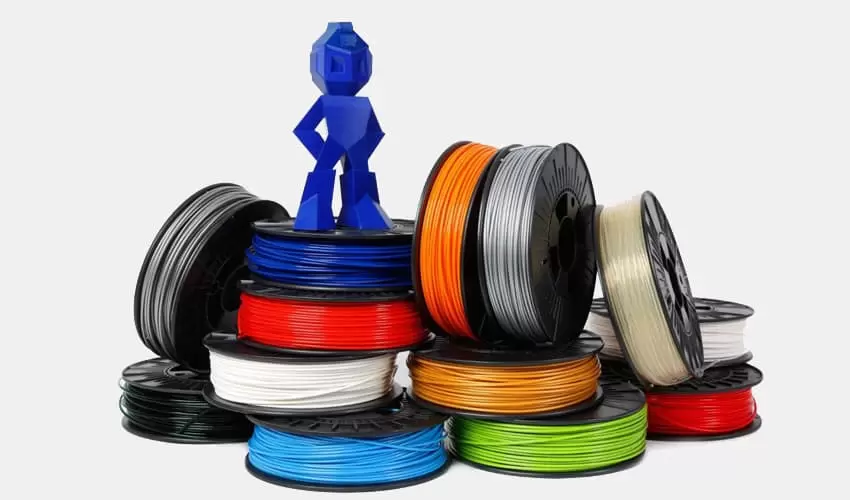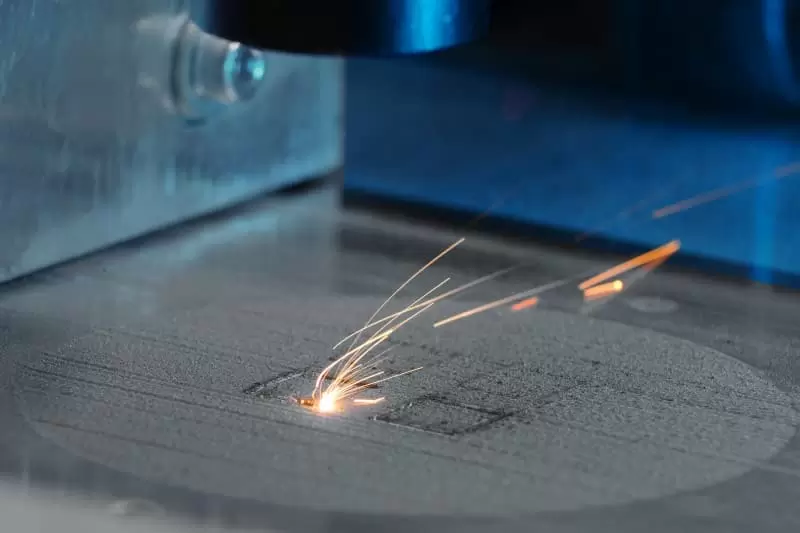Table of Contents:
- Introduction
- Types of Precision Machining in China
- Advantages of Precision Machining in China
- Challenges of Precision Machining in China
- Choosing the Right Precision Machining Supplier in China
- Conclusion
-
1.Introduction
A. Definition of Precision Machining
Precision machining is a manufacturing process used to create intricate and precise parts and components. The process involves cutting, drilling, milling, and turning raw materials such as metals, plastics, and ceramics to produce high-precision parts used in various industries such as aerospace, medical, automotive, and electronics.
B. Overview of Precision Machining in China
China is a leading country in the precision machining industry, providing cost-effective and high-quality services to clients worldwide. China’s precision machining industry has grown rapidly over the past few decades, driven by the country’s large labor force, advanced technology, and modern equipment.
C. Benefits of Precision Machining in China
Precision machining in China offers numerous benefits to clients worldwide, including cost-effective manufacturing, advanced technology and equipment, high-quality standards, a skilled labor force, and a strong supply chain.
-
2. Types of Precision Machining in China
- A. CNC Machining
Computer Numerical Control (CNC) machining is a process that uses computer software to control the movement of machinery in manufacturing processes. CNC machines are capable of producing high-precision parts with tight tolerances and complex geometries, making them ideal for producing parts used in aerospace, medical, and automotive industries. - B. EDM Machining
Electrical Discharge Machining (EDM) is a process used to cut and shape metal parts using electrical discharges. EDM machines are capable of producing precise parts with intricate shapes, making them ideal for producing parts used in medical and aerospace industries. - C. Laser Cutting and Welding
Laser cutting and welding are processes used to cut and join materials using a laser beam. Laser cutting is used to produce high-precision parts with complex shapes, while laser welding is used to join metal parts without the need for additional materials, making it ideal for producing parts used in the medical and automotive industries. - D. Injection Molding
Injection molding is a process used to produce parts by injecting molten material into a mold. Injection molding is used to produce high-precision parts with complex shapes, making it ideal for producing parts used in the medical and automotive industries. - E. Others
Other types of precision machining in China include grinding, milling, and turning. These processes are used to produce high-precision parts with tight tolerances and complex geometries, making them ideal for producing parts used in various industries.
-
3. Advantages of Precision Machining in China
- A. Cost-Effective Manufacturing
China’s precision machining industry offers cost-effective manufacturing services to clients worldwide. The country’s large labor force and low labor costs make it an attractive destination for companies looking to reduce manufacturing costs. - B. Advanced Technology and Equipment
China’s precision machining industry has access to advanced technology and modern equipment, allowing it to produce high-precision parts with tight tolerances and complex geometries. This advanced technology and equipment help companies in various industries stay competitive and meet the demands of their clients. - C. High-Quality Standards
China’s precision machining industry has implemented high-quality standards to ensure that the parts produced meet the specifications of their clients. These high-quality standards help companies maintain their reputation and build long-term relationships with their clients. - D. Skilled Labor Force
China’s precision machining industry has a large and skilled labor force that is capable of producing high-precision parts with tight tolerances and complex geometries. The country’s emphasis on education and training has helped develop a skilled workforce that is essential to the precision machining industry. - E. Strong Supply Chain
China’s precision machining industry has a strong supply chain that allows companies to source raw materials and components quickly and efficiently. This strong supply chain helps companies reduce manufacturing costs and improve the quality of their products.
If you want more about Precision Machining in China information ,You can click on the V1 Prototype website to find it.
-
4. Challenges of Precision Machining in China
- A. Language and Communication Barriers:One of the challenges of precision machining in China is the language and communication barriers that can arise between clients and suppliers. It can be difficult to communicate technical specifications and requirements effectively, which can lead to misunderstandings and mistakes in the production process.
- B. Quality Control and Intellectual Property Protection:Another challenge of precision machining in China is ensuring quality control and protecting intellectual property. There have been concerns about the quality of parts produced in China and the risk of intellectual property theft. It is essential for companies to work with reputable suppliers who have established quality control procedures and are committed to protecting intellectual property.
- C. Logistics and Shipping:Logistics and shipping can also be a challenge when working with suppliers in China. The distance and time zones can make it difficult to coordinate shipments and ensure timely delivery of parts. It is important for companies to work with suppliers who have experience with international logistics and shipping to ensure a smooth production process.
- D. Political and Economic Risks:Finally, there are political and economic risks associated with doing business in China. The country’s political climate and economic policies can change rapidly, which can impact the precision machining industry. It is essential for companies to stay informed about the political and economic situation in China and have contingency plans in place to mitigate any potential risks.
-
5. Choosing the Right Precision Machining Supplier in China
- A. Factors to Consider:When choosing a precision machining supplier in China, there are several factors to consider, including the supplier’s experience, quality control procedures, production capabilities, and pricing. It is also important to consider the supplier’s communication skills, responsiveness, and ability to meet deadlines.
- B. Researching Potential Suppliers:To find the right precision machining supplier in China, companies should conduct thorough research and due diligence. This may involve visiting supplier facilities, reviewing supplier certifications and accreditations, and checking references from other clients.
- C. Evaluating Supplier Capabilities and Quality Control:Companies should also evaluate supplier capabilities and quality control procedures to ensure that the parts produced meet their specifications and requirements. This may involve reviewing supplier processes and procedures, conducting quality inspections, and monitoring production processes.
- D. Negotiating Terms and Agreements:Finally, companies should negotiate terms and agreements with their precision machining suppliers in China to ensure a mutually beneficial partnership. This may involve discussing pricing, lead times, payment terms, and other important factors that can impact the production process.
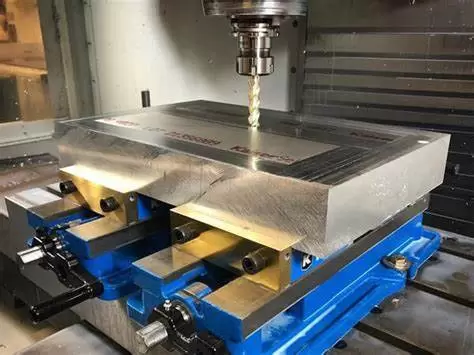
-
6. Conclusion
A. Summary of Key Points
Precision machining in China offers numerous benefits to clients worldwide, including cost-effective manufacturing, advanced technology and equipment, high-quality standards, a skilled labor force, and a strong supply chain. However, there are also challenges associated with precision machining in China, such as language and communication barriers, quality control, logistics and shipping, and political and economic risks. To overcome these challenges, companies must choose the right precision machining supplier in China and work with them to develop a mutually beneficial partnership.
B. Future Trends in Precision Machining in China
As the precision machining industry in China continues to grow and evolve, we can expect to see new technologies and processes emerge, such as 3D printing and automation. The industry will also continue to focus on quality control, intellectual property protection, and customer satisfaction to maintain its reputation and competitiveness.
C. Final Thoughts and Recommendations
Precision machining in China offers companies worldwide access to cost-effective and high-quality manufacturing services. However, it is essential for companies to do their due diligence when choosing a precision machining supplier in China and to work with them to develop a mutually beneficial partnership. By doing so, companies can take advantage of the benefits of precision machining in China while mitigating the risks and challenges associated with doing business in the country.
